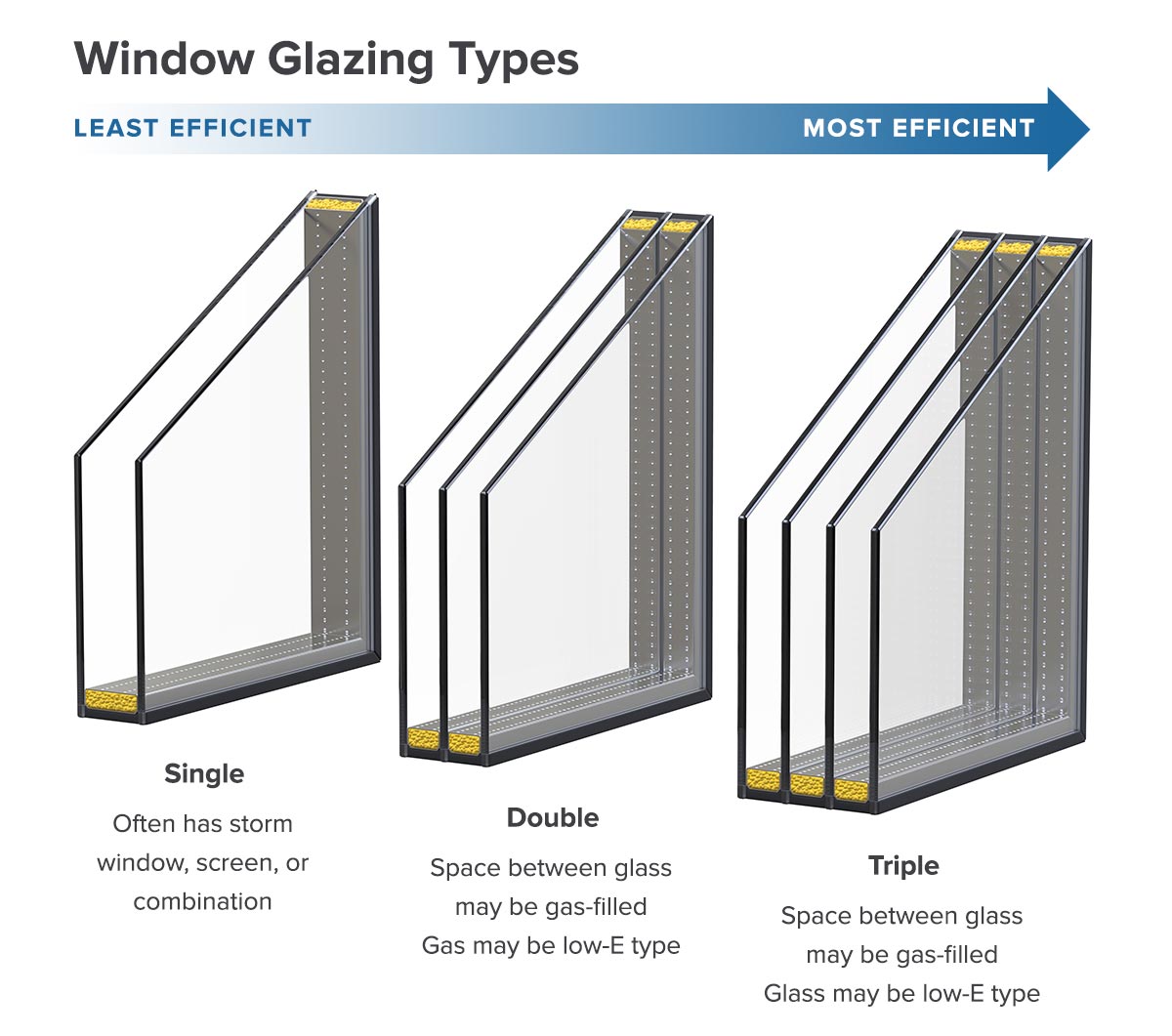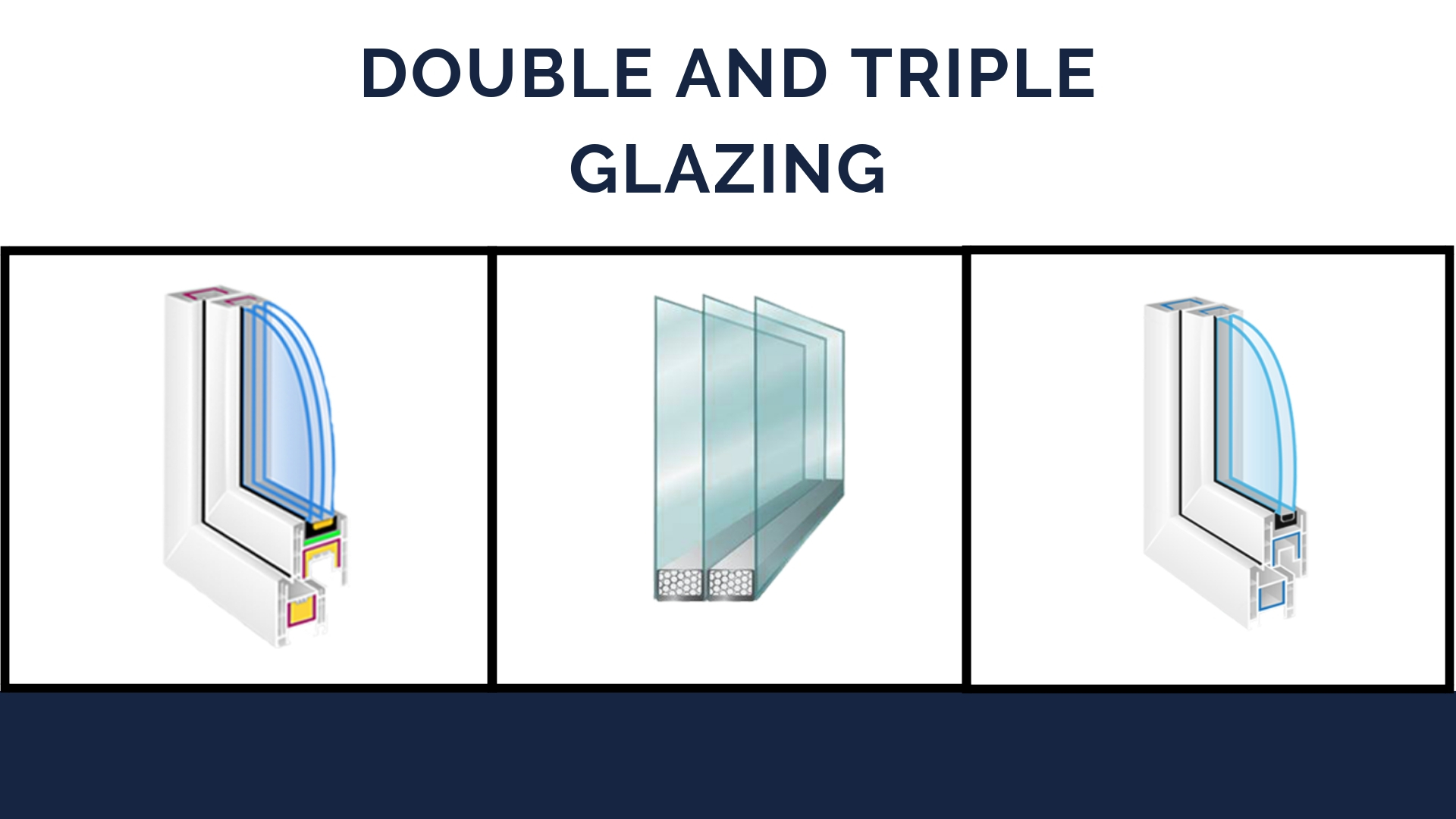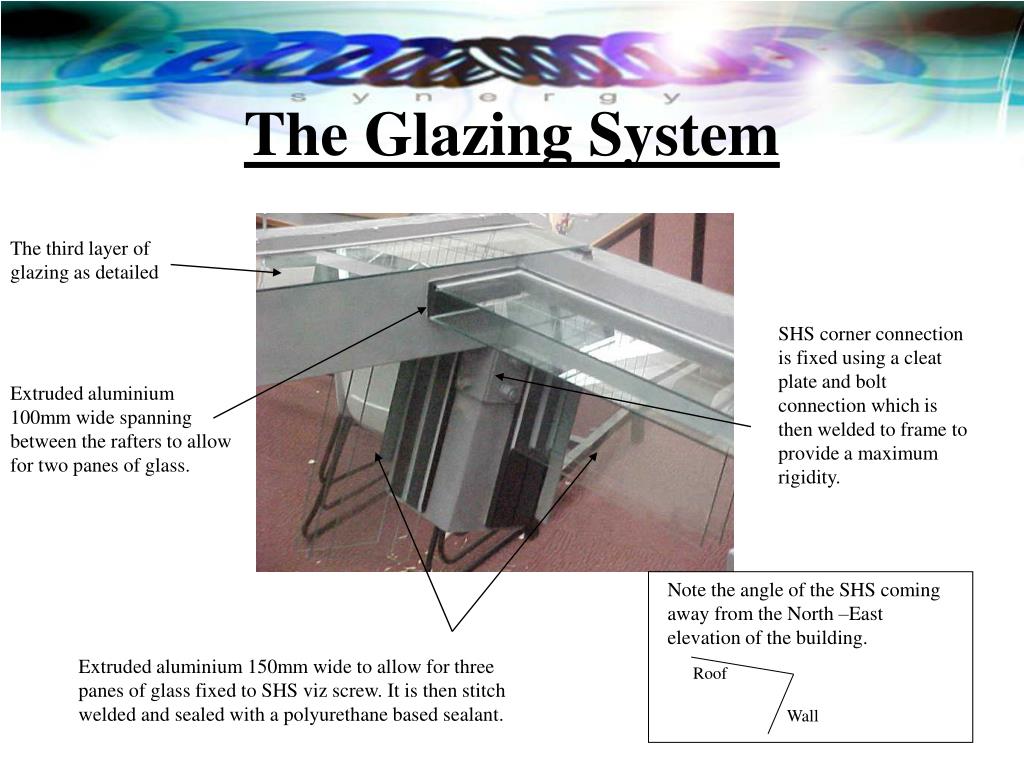What Does Glazing Mean - A Modern Slang Explanation
The way young people talk keeps changing, doesn't it? It's almost like a secret code sometimes, with new words popping up out of nowhere. If you've been around teenagers lately, or perhaps spent some time scrolling through social media feeds, you might have heard a curious word making the rounds: "glazing." And no, we're not talking about putting a shiny finish on a doughnut, or even the careful work of putting glass into a window frame. That, is that, a completely different kind of "glazing."
This particular term, "glazing," is a piece of current slang, often used when someone is, well, laying on the compliments a bit too thick. It's about giving a lot of praise, maybe even showing a kind of bias, or sometimes just being a little too nice. It's a way of describing someone who seems to be going overboard with their approval.
While this word can be used in a lighthearted way, just for a bit of fun, some people are starting to wonder if it points to something a little deeper about how we interact. It's a new way to call out behavior that might seem a little much, or perhaps not entirely genuine, so.
Table of Contents
- Intro - What Does Glazing Mean?
- Why Do We Have New Language Like "Glazing"?
- Where Did "Glazing" Come From - The Origin Story?
- Is "Glazing" Just About Compliments - What Does Glazing Mean Beyond Praise?
- How Can You Spot "Glazing" in Action - What Does Glazing Mean in Everyday Talk?
- Is "Glazing" Always Playful, or Can It Be More Pointed - The Nuance of What Does Glazing Mean?
- What Does Glazing Mean - Teachers Talk
- How Is "Glazing" Different From Just Sucking Up - Understanding What Does Glazing Mean?
- "Glazing" - Real-Life Examples
Why Do We Have New Language Like "Glazing"?
Language, you know, it's always shifting, more or less, especially among younger groups. Think about it: whether someone is trying to charm another person or convince their parents to let them go to a Friday night gathering, new ways of speaking often pop up. These new expressions, like "glazing," become a quick way to describe situations or behaviors that might otherwise take a lot of words to explain. It's just a little bit of linguistic shorthand, really.
Kids these days, they often create and share words through their online conversations and social interactions. It’s almost like they’re building their own dictionaries, one slang term at a time. This constant flow of fresh language helps them connect and express things in ways that feel right to their generation, in a way.
So, when you hear a new term like "glazing," it's not just a random word. It's a sign of how communication is always evolving, reflecting the current social scene and the particular ways people talk to each other, especially in quick, digital exchanges. It’s, like, a natural part of how language lives and breathes, you know?
Where Did "Glazing" Come From - The Origin Story?
The term "glazing" isn't something that's been around forever; it's a relatively recent arrival on the slang scene. Apparently, it first started gaining traction around 2022. This makes sense, considering how quickly new words can spread now, so.
It really picked up steam on popular online hangouts, places like TikTok, Twitch, and Twitter. These platforms are, in some respects, giant playgrounds for new words to take hold and spread like wildfire. People would use it in chat streams and comments, and it just sort of stuck, you know?
From those digital spaces, "glazing" began to trickle over into everyday conversations. It moved from the quick-fire chats of Twitch streams and the comment sections of TikTok videos into the general speech of young people. It's almost like a word migrating from its online home to the real world, pretty much.
Is "Glazing" Just About Compliments - What Does Glazing Mean Beyond Praise?
When people talk about "glazing," they're often referring to someone who gives a lot of praise, perhaps even too much. It's about a kind of over-the-top admiration. This can sometimes feel a bit much, or seem like it's not really earned, so.
But it's not just about compliments. The term can also be used to point out what seems like excessive bias. If someone is always, always, saying good things about one person or one thing, to the point where it feels unbalanced, that could be called "glazing," too. It’s a way of noticing when someone is perhaps showing a little too much favor.
Interestingly, "glazing" can even be used to describe when basic kindness seems to be taken to an extreme. It’s about that feeling when someone is just a little too agreeable or flattering, making you wonder what’s behind it. It’s, like, when the niceness meter goes into the red, you know?
How Can You Spot "Glazing" in Action - What Does Glazing Mean in Everyday Talk?
So, how do you know if someone is "glazing"? Well, it's about that feeling when someone is really trying to pump someone up, giving them an excessive amount of compliments. It gets to a point where it just feels a little bit awkward or annoying, honestly.
For instance, have you ever thought you could really impress someone by just giving them a huge number of compliments? That kind of behavior, where you're just piling on the flattery, is pretty much what "glazing" describes. It's about that effort to make someone feel incredibly good, perhaps for your own gain, or maybe just without realizing you're overdoing it.
In simple terms, "glazing" happens when you really talk someone up and give them a ton of compliments until it’s just a little bit uncomfortable and bothersome. It’s that moment when the praise goes from nice to, like, too much, you know?
Is "Glazing" Always Playful, or Can It Be More Pointed - The Nuance of What Does Glazing Mean?
The term "glazing" can certainly be used in a fun, lighthearted way. Sometimes, people use it just to poke a little fun at someone who's being overly complimentary, or perhaps at themselves for doing it. It’s often meant to be humorous or a bit mocking, in a way.
However, there's a question about whether it signals something a little deeper. While it can be playful, some wonder if it points to a more subtle criticism. Is it just a joke, or is it a sign that people are becoming more aware of insincere praise or attempts to gain favor? It's something to think about, so.
When someone says you're "glazing," they might be teasing, but they could also be subtly suggesting that your enthusiasm is a bit over the top, or perhaps not entirely genuine. It’s, like, a casual way to call out behavior that might seem a little off, you know?
What Does Glazing Mean - Teachers Talk
It's not just kids using this word; it's made its way into the observations of adults, too. This week, according to some teachers, "glazing" is the word of the moment. They're hearing it pop up in classrooms and hallways, reflecting its widespread use among young people, so.
There's even a story about an AI teacher and consultant, Aaron Makelky, who shared a TikTok video last year. In the video, he asked one of his Gen Z students to explain what "glazing" meant to him. This shows just how common the term has become, even reaching those who are trying to understand the current language of younger generations.
The fact that teachers are noticing and discussing this word highlights how it’s truly embedded in the daily conversations of students. It’s, like, a new part of their shared language, you know?
How Is "Glazing" Different From Just Sucking Up - Understanding What Does Glazing Mean?
You might think "glazing" sounds a lot like "sucking up," and in many ways, it's pretty similar. "Glazing" basically means trying to impress someone by giving them a lot of praise. It’s about that effort to curry favor through excessive compliments, you know?
However, the key difference, or rather, the defining characteristic of "glazing," is the *excessive* nature of the praise. It's when you gas someone up and give them so many compliments that it crosses a line. It becomes, in the words of young people, "cringe and annoying." It’s not just polite flattery; it’s overdone, so.
For example, you might "glaze" your boss. This doesn't just mean you're being nice to them; it means you're going overboard with the compliments, perhaps to the point where it's obvious you're trying too hard. It’s, like, when the praise feels less about genuine admiration and more about an agenda, you know?
"Glazing" - Real-Life Examples
So, what might "glazing" look like in a real situation? Well, imagine someone trying to convince their parents to let them go out on a Friday night. If they start piling on the compliments, saying things like, "You're the best parents ever, truly amazing, nobody else is as understanding as you," that could be seen as "glazing." They're using excessive praise to try and get what they want, so.
Or, consider a situation where a person is trying to charm someone they're interested in. If they're constantly showering that person with compliments, going on and on about how wonderful they are, to the point where it feels a little too much, that's "glazing." It’s about showing a little too much enthusiasm toward someone or something, you know?
Kids these days might say you're "glazing" if your praise becomes so over-the-top that it loses its sincerity and just seems unwarranted. It's about that feeling when someone is just laying it on too thick, trying a bit too hard to impress or influence, pretty much.

Glazing Meaning

Window Glazing Difference | Double And Triple Glazing | Infographic

PPT - The Glazing System PowerPoint Presentation, free download - ID